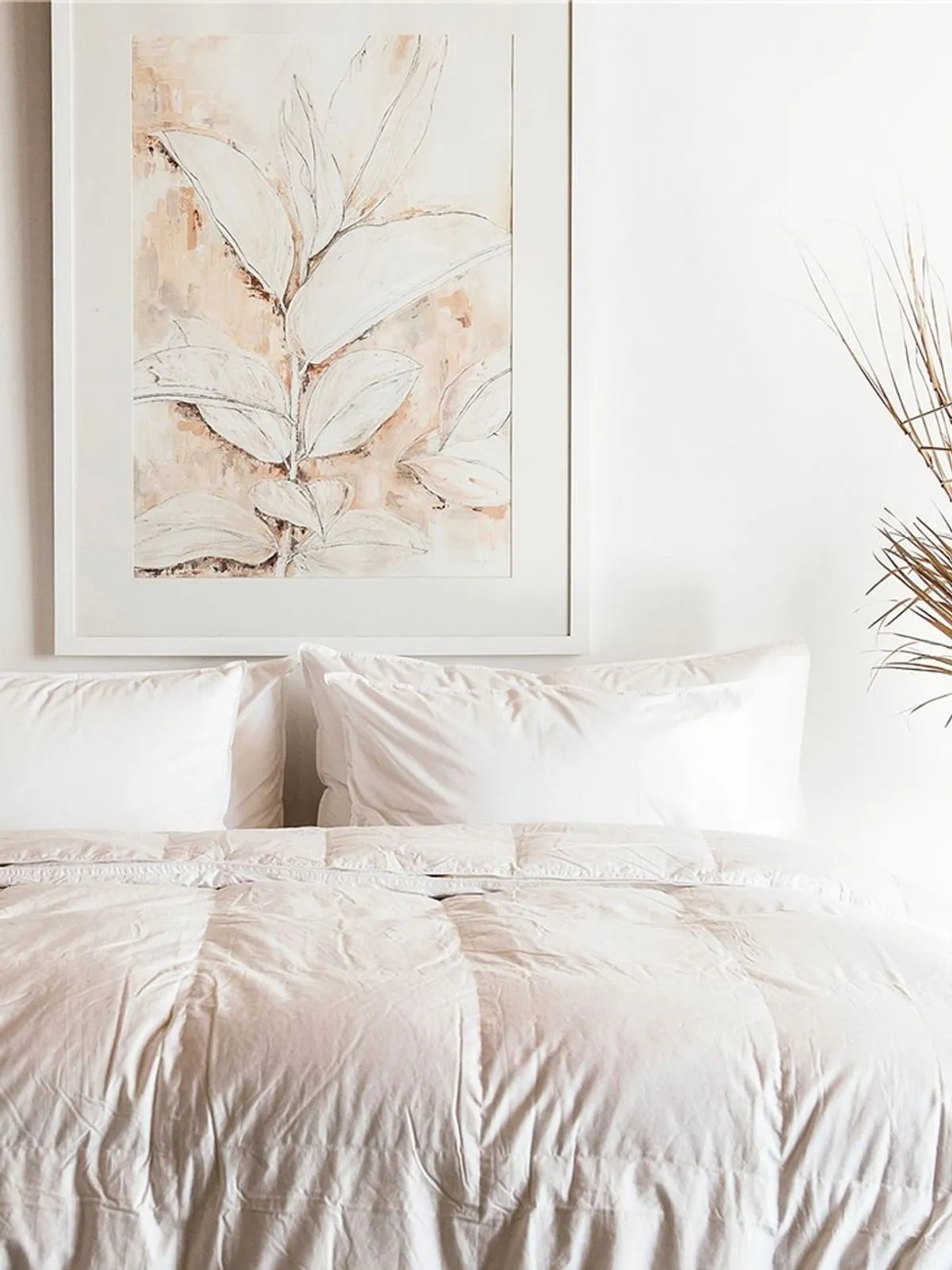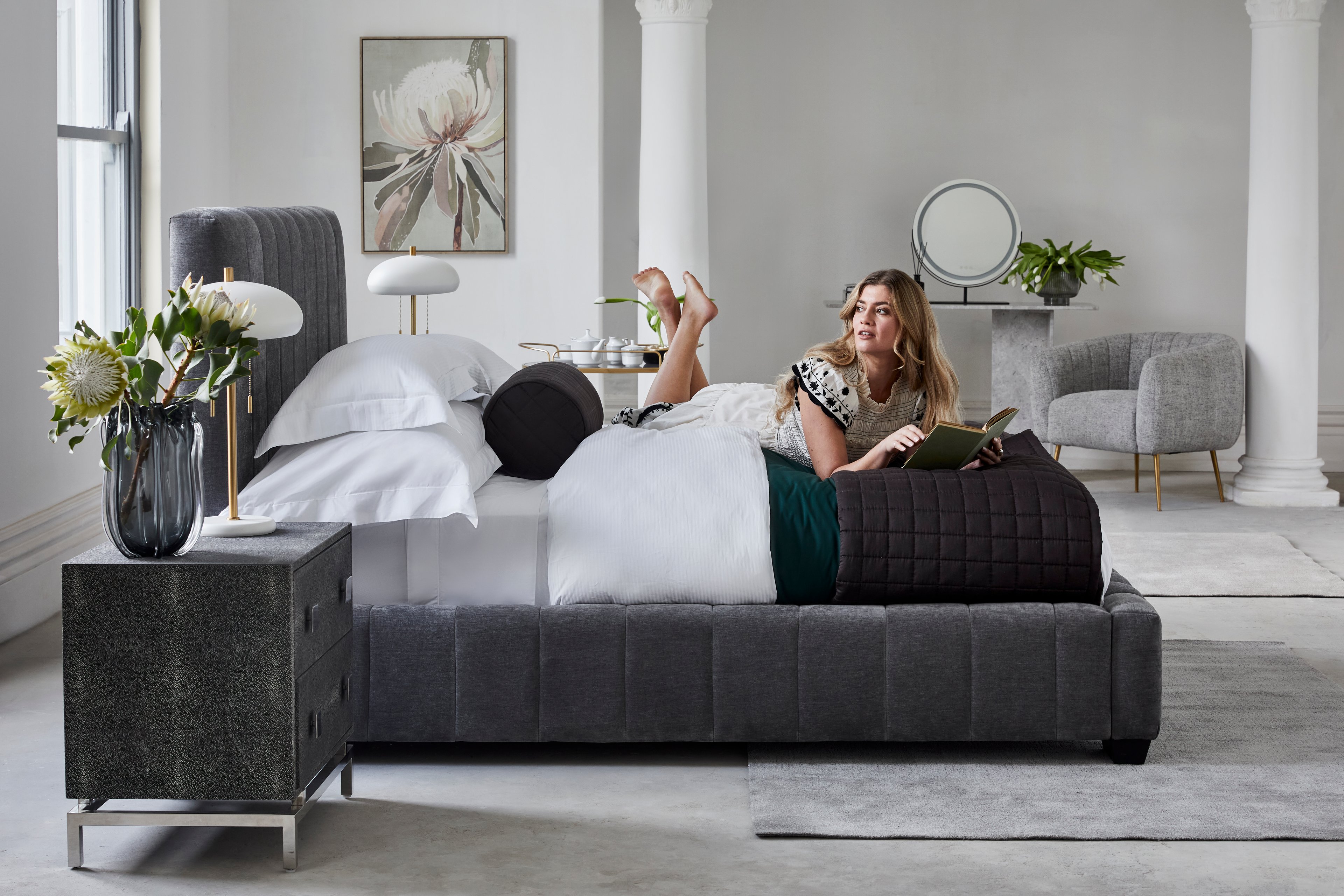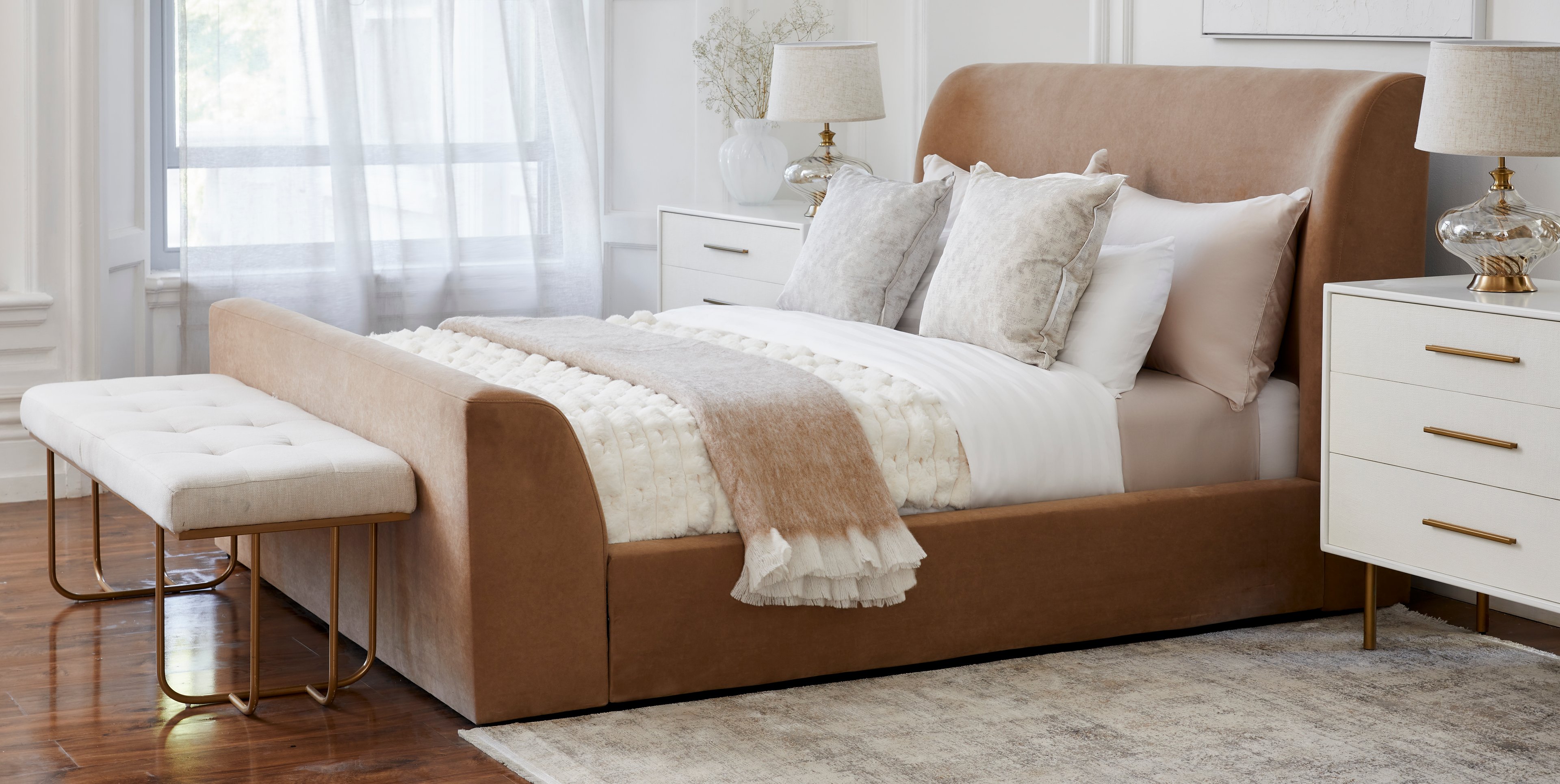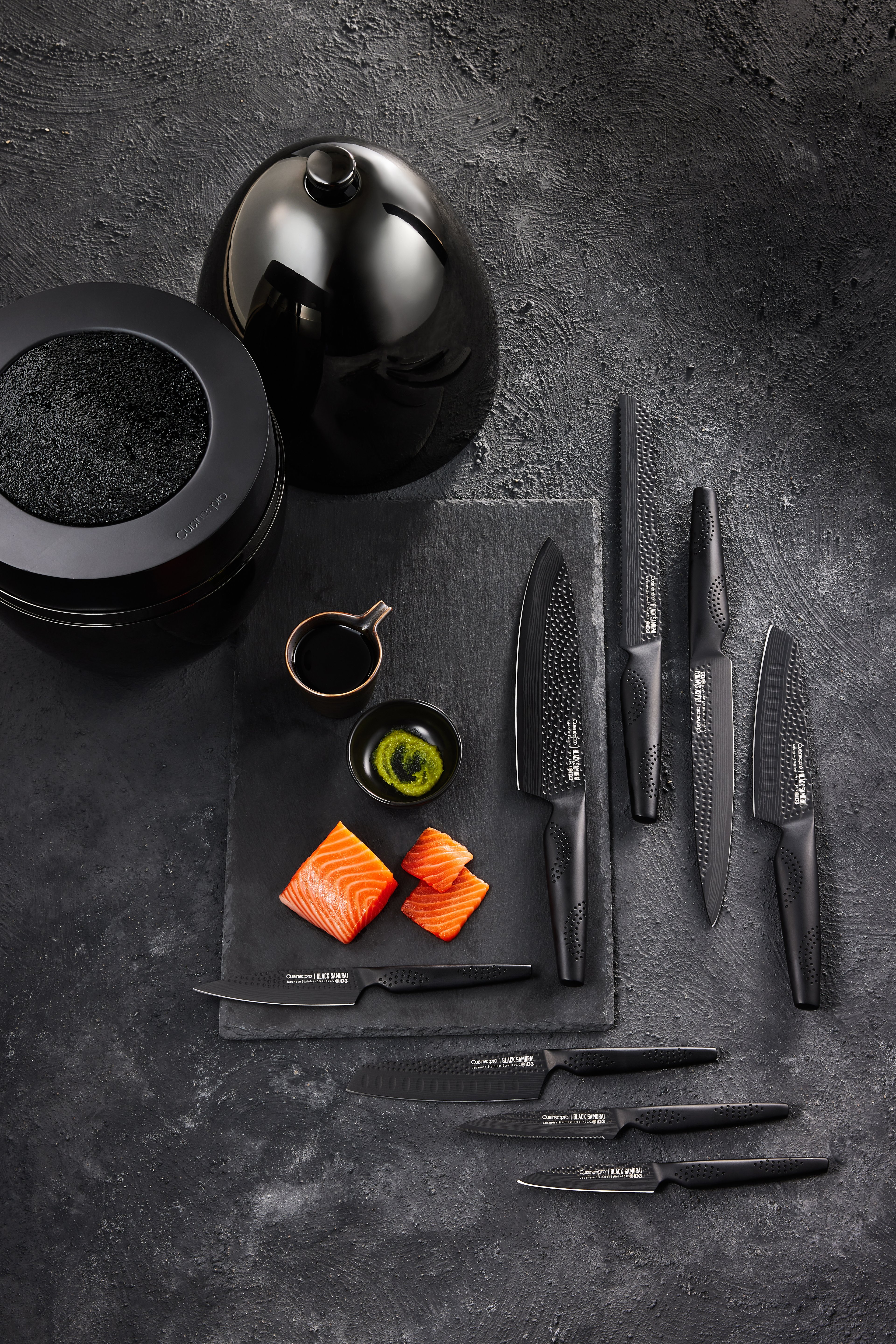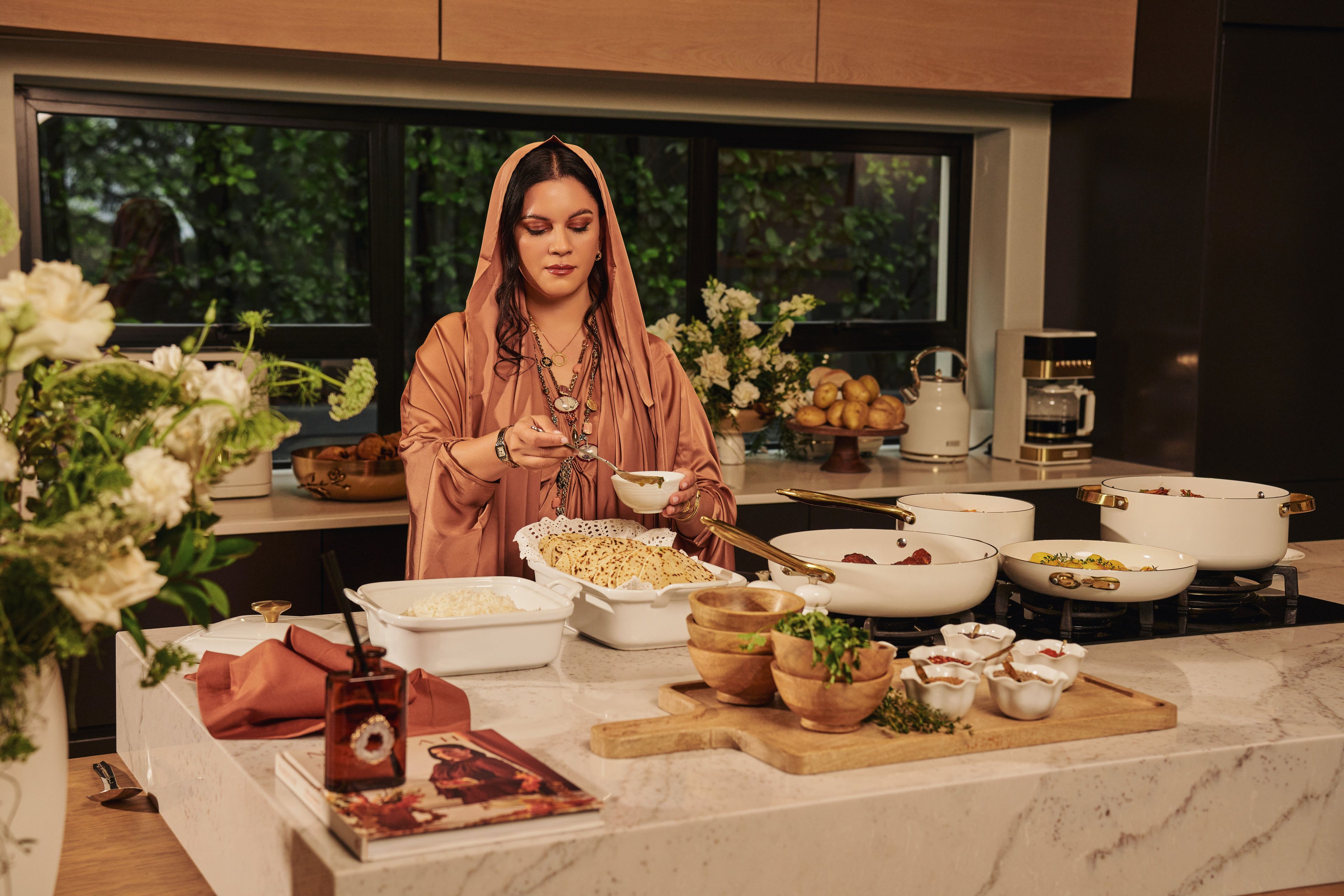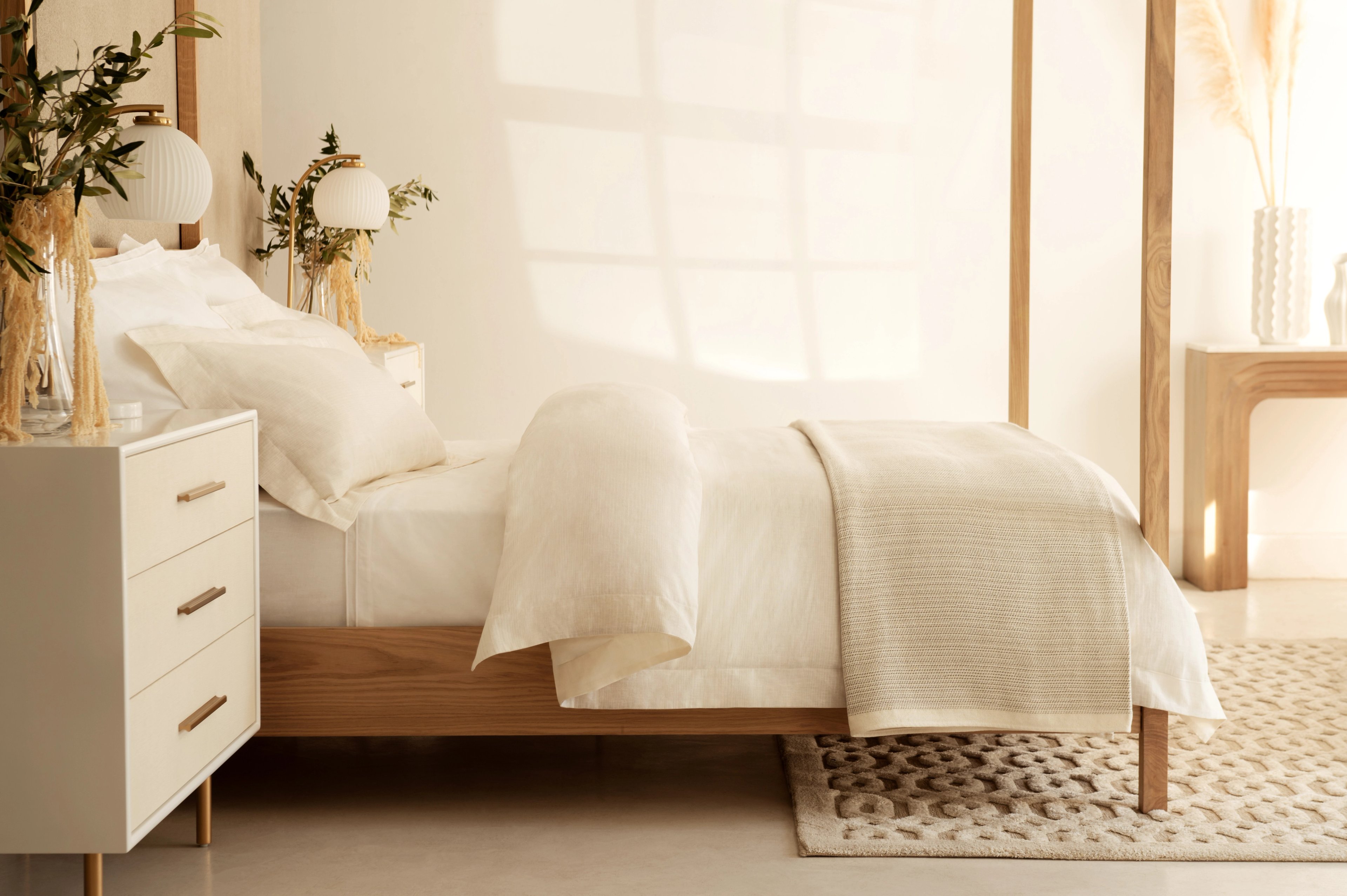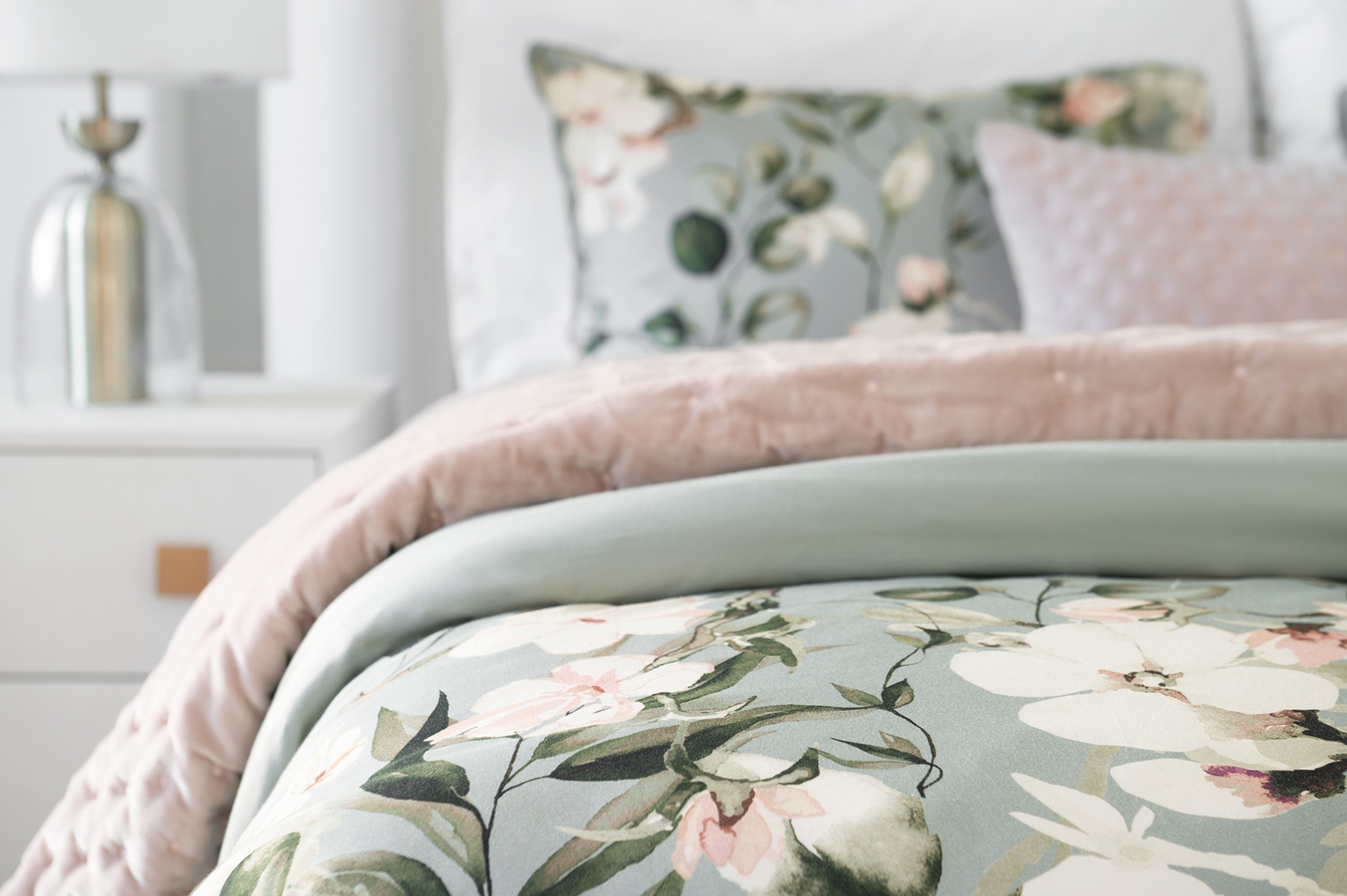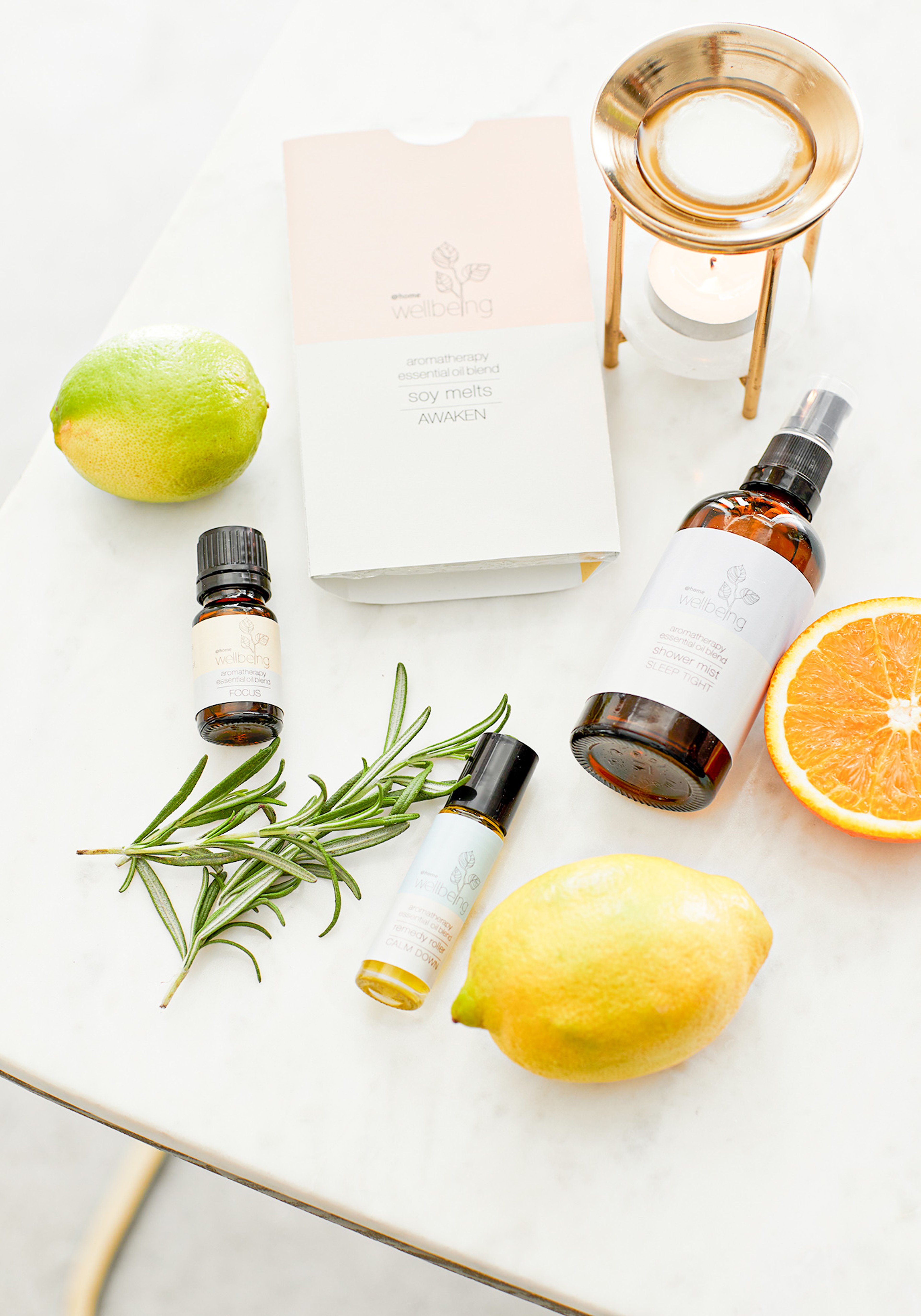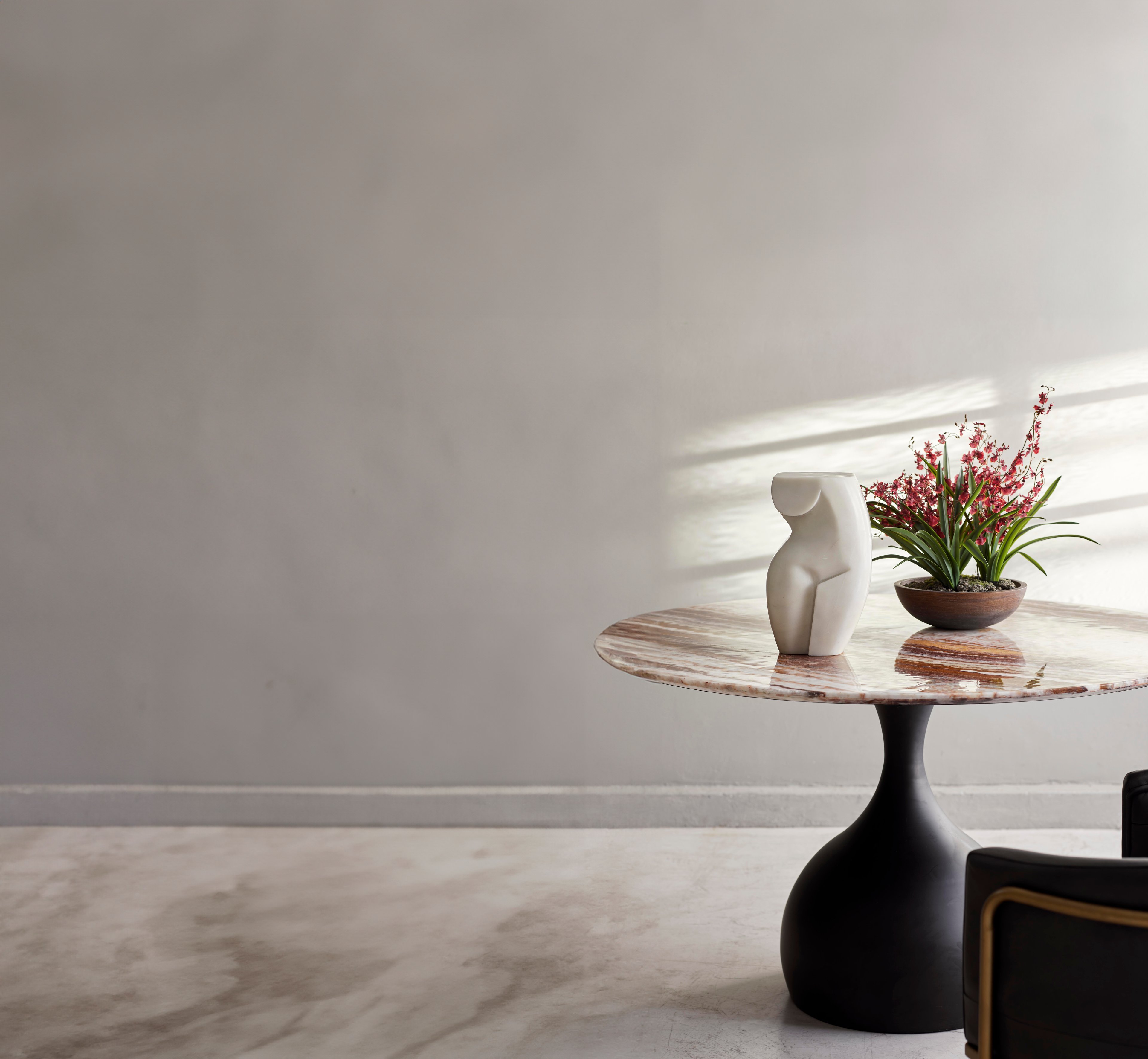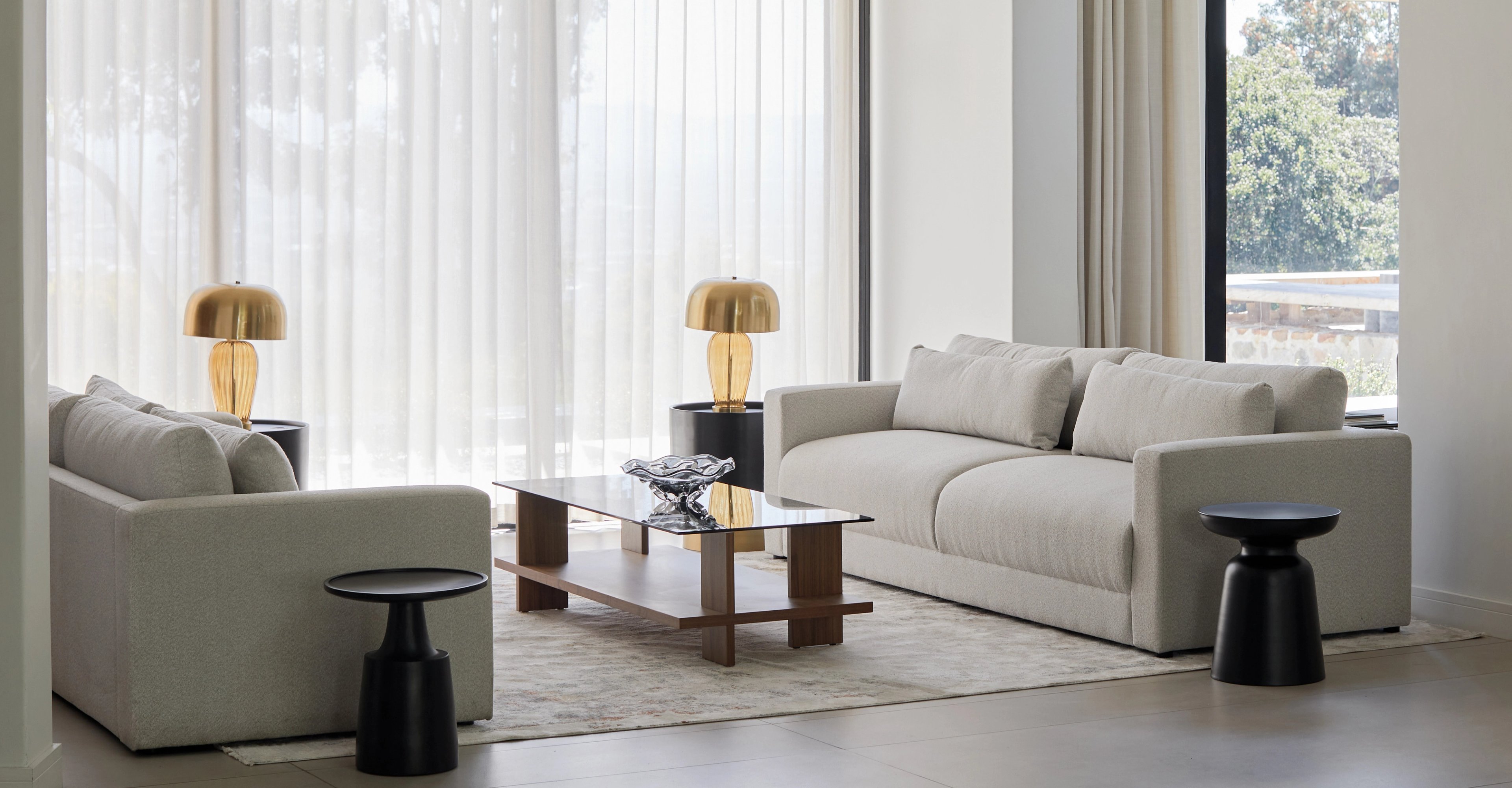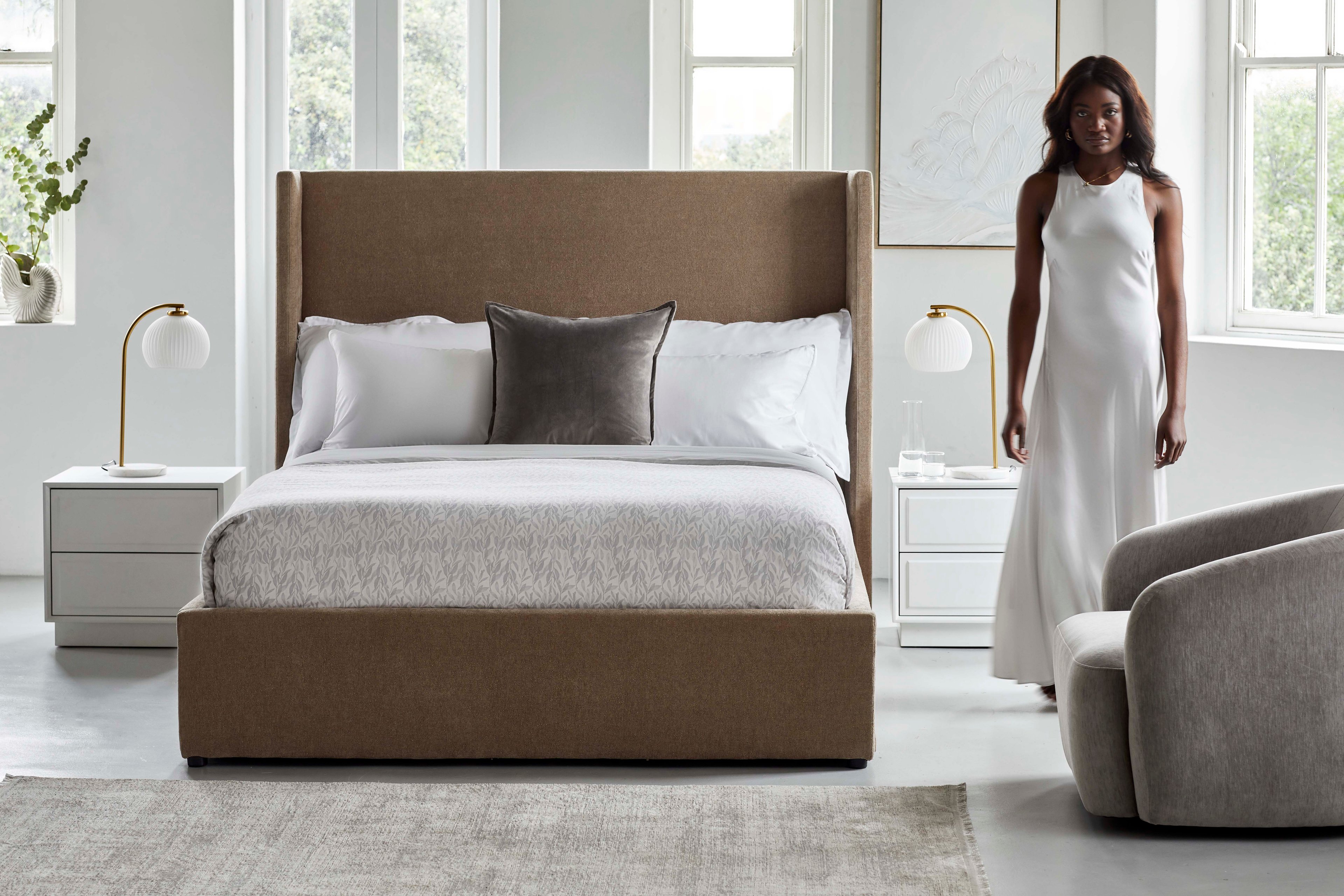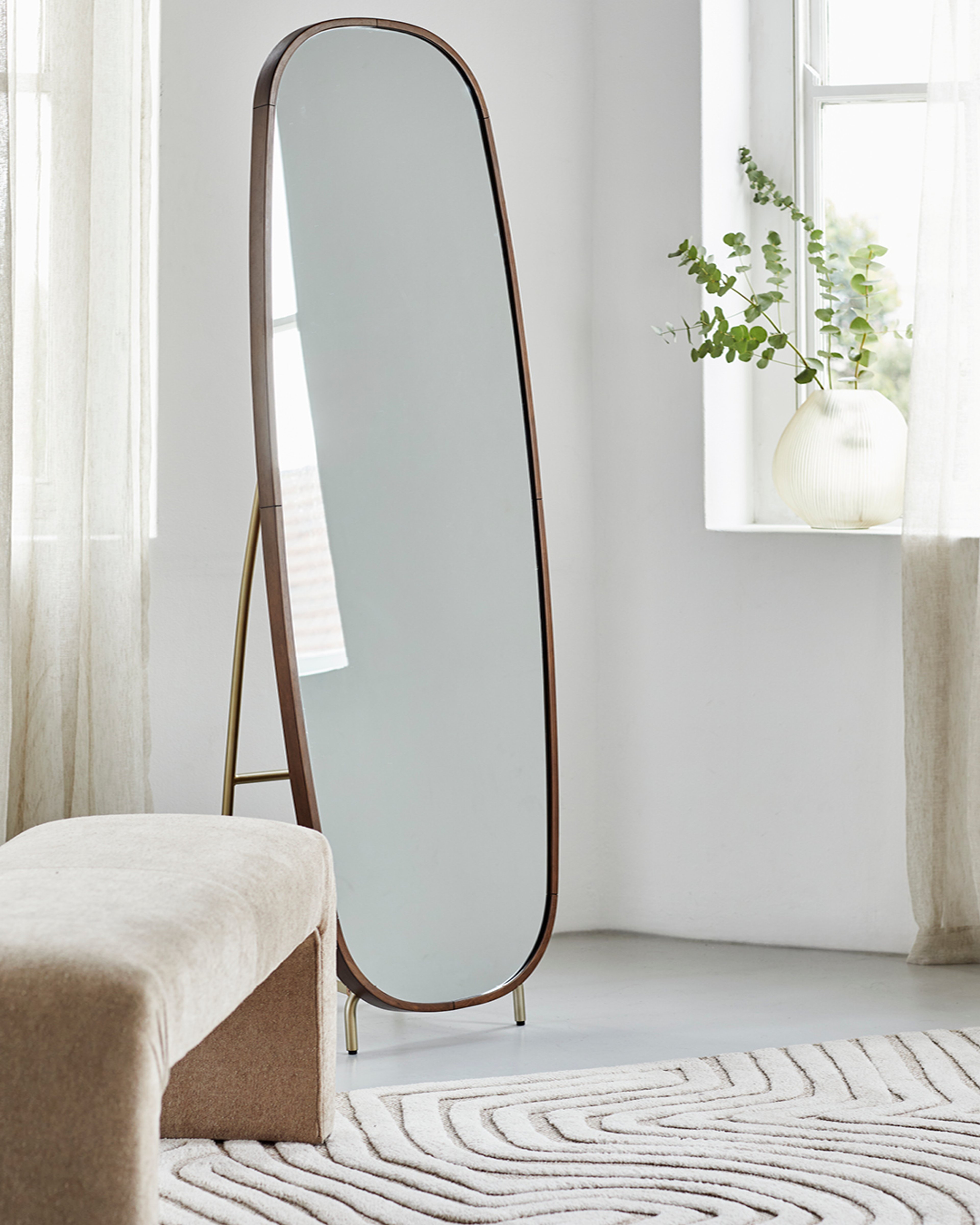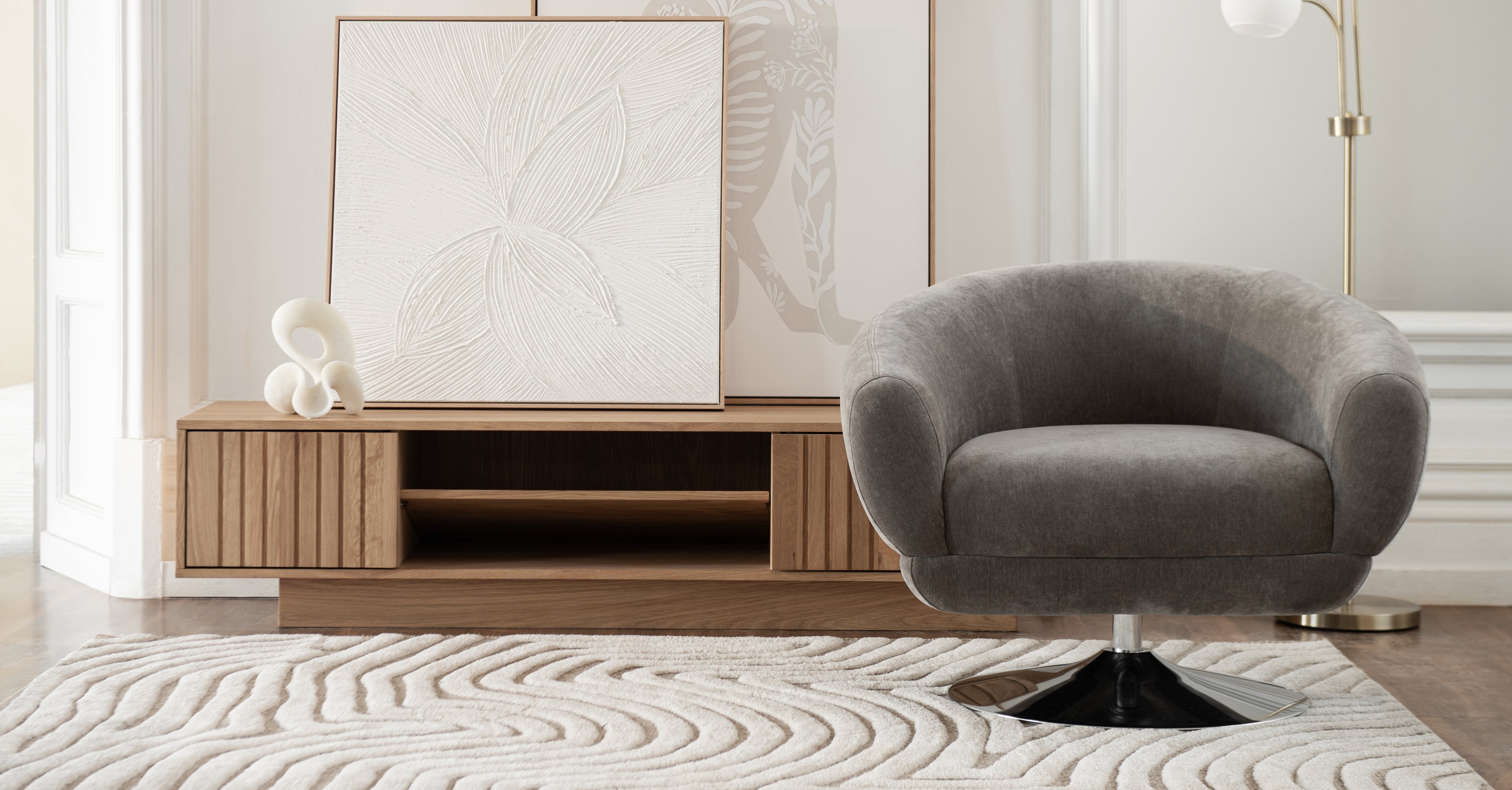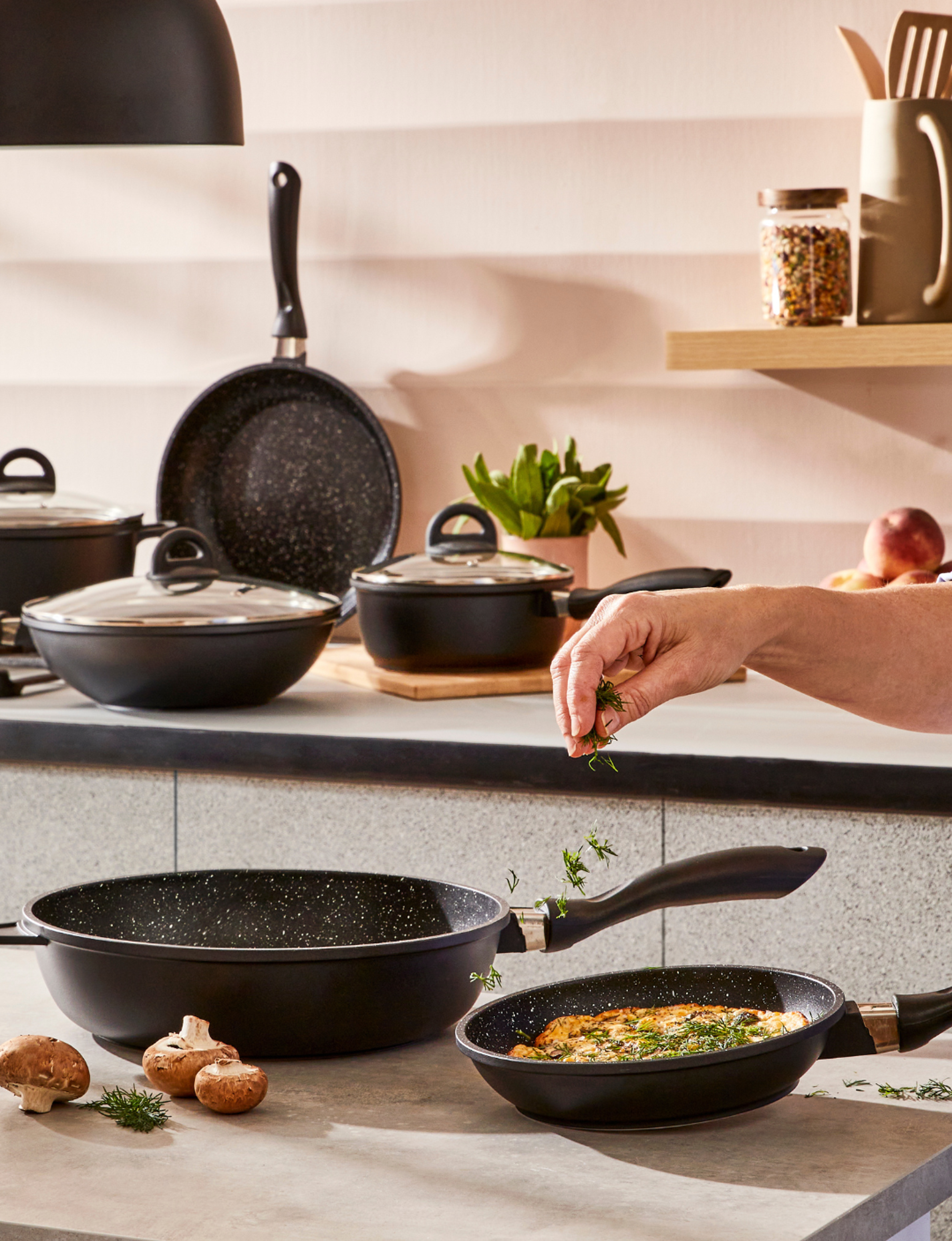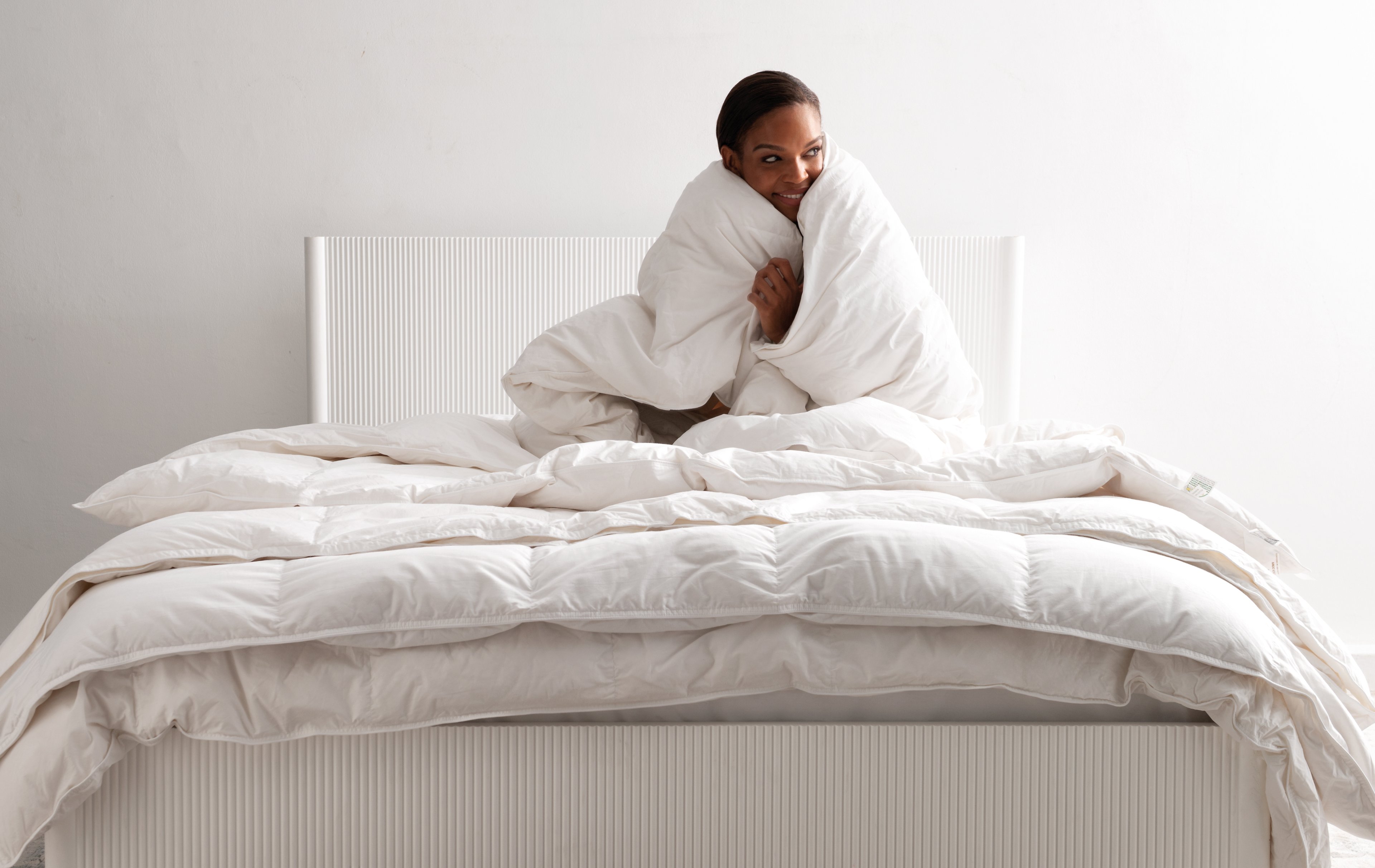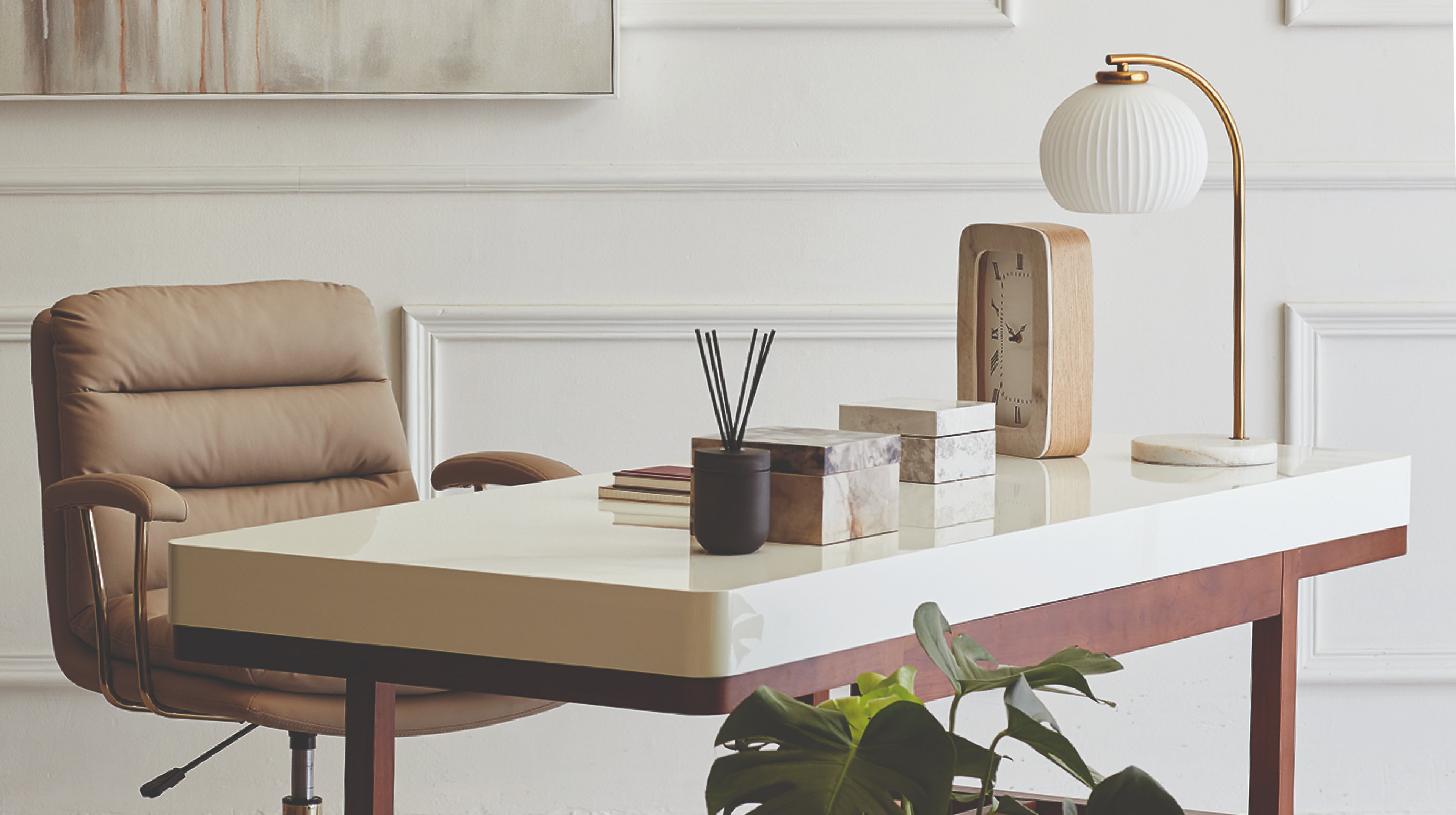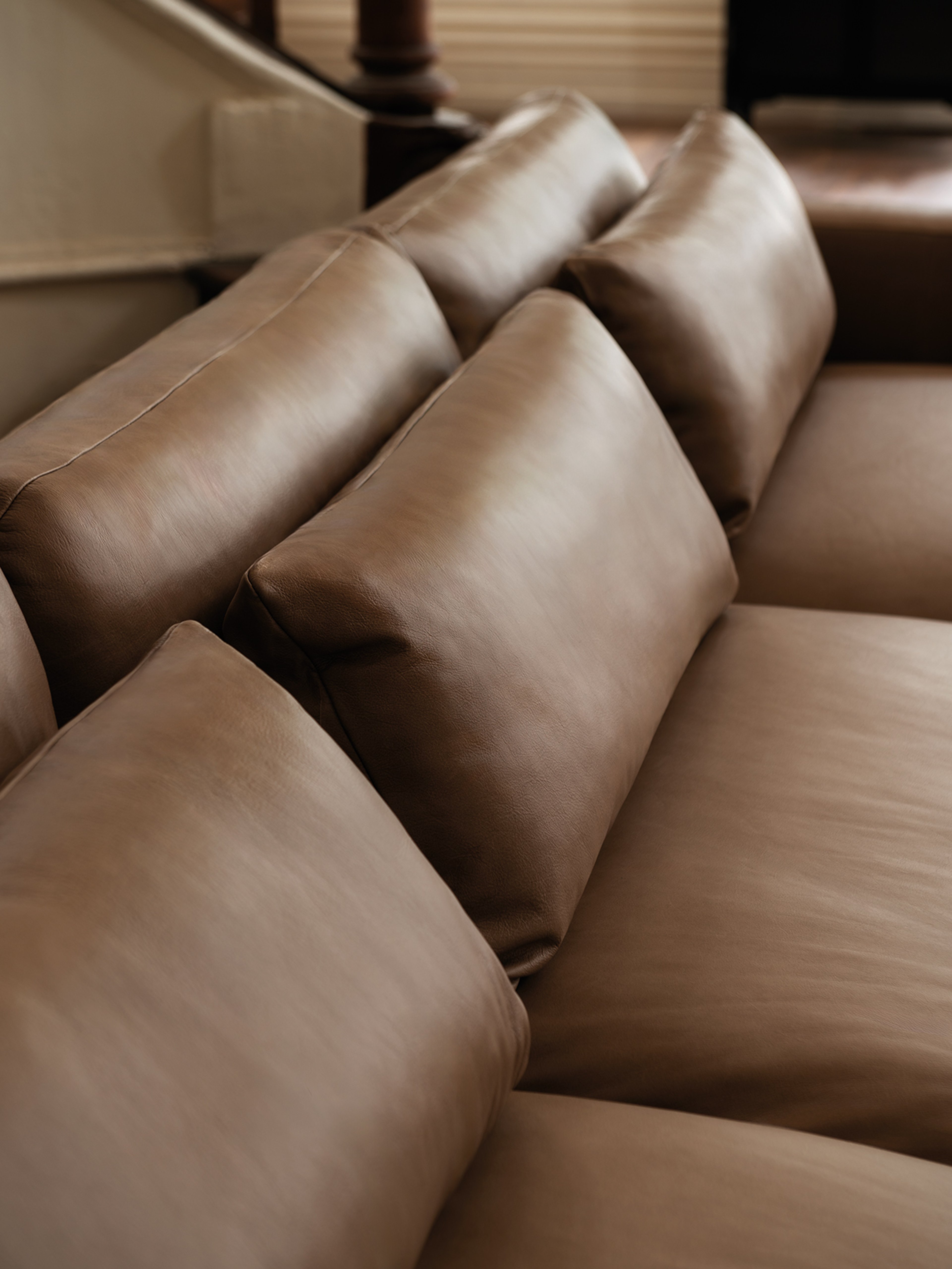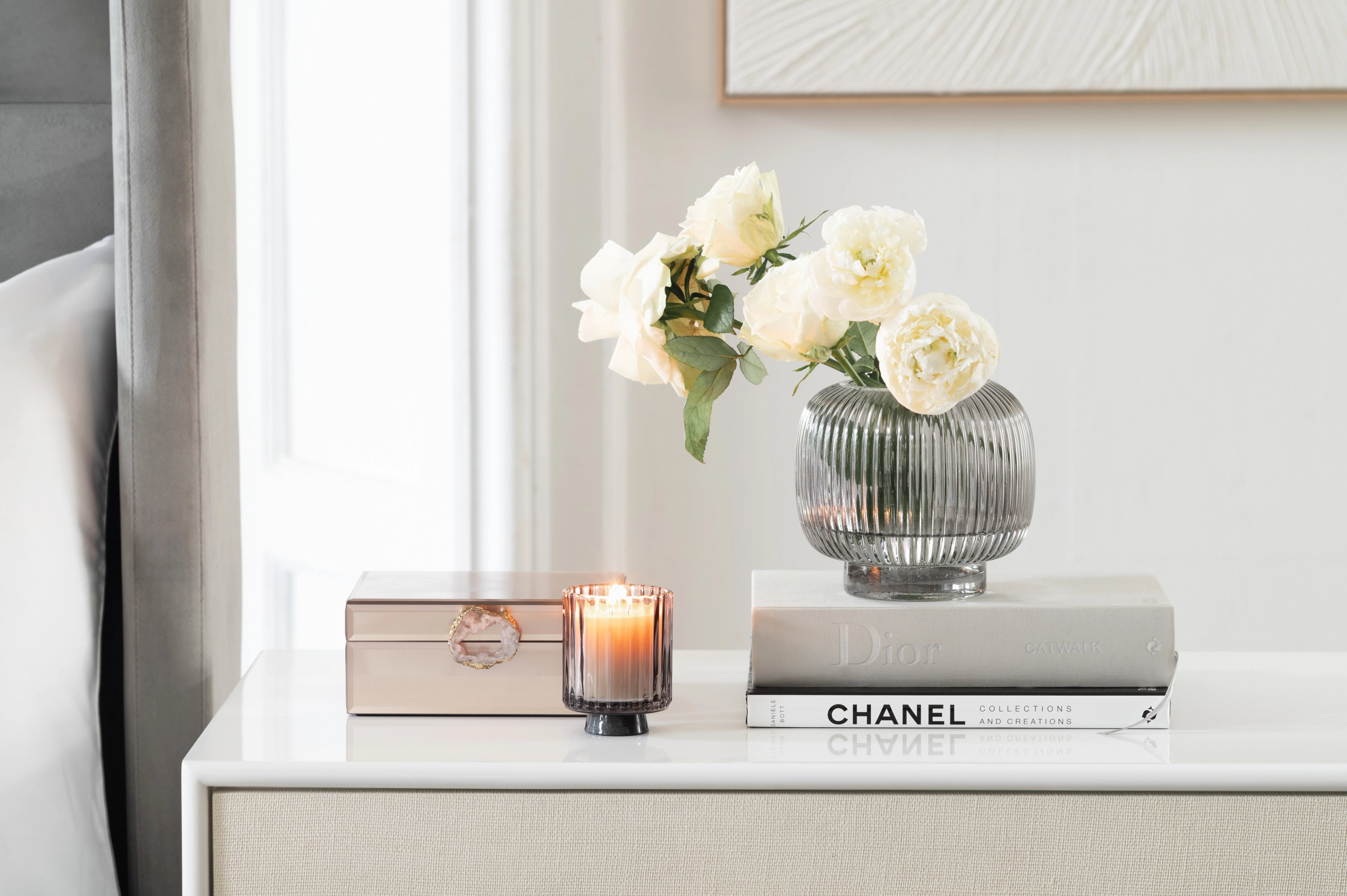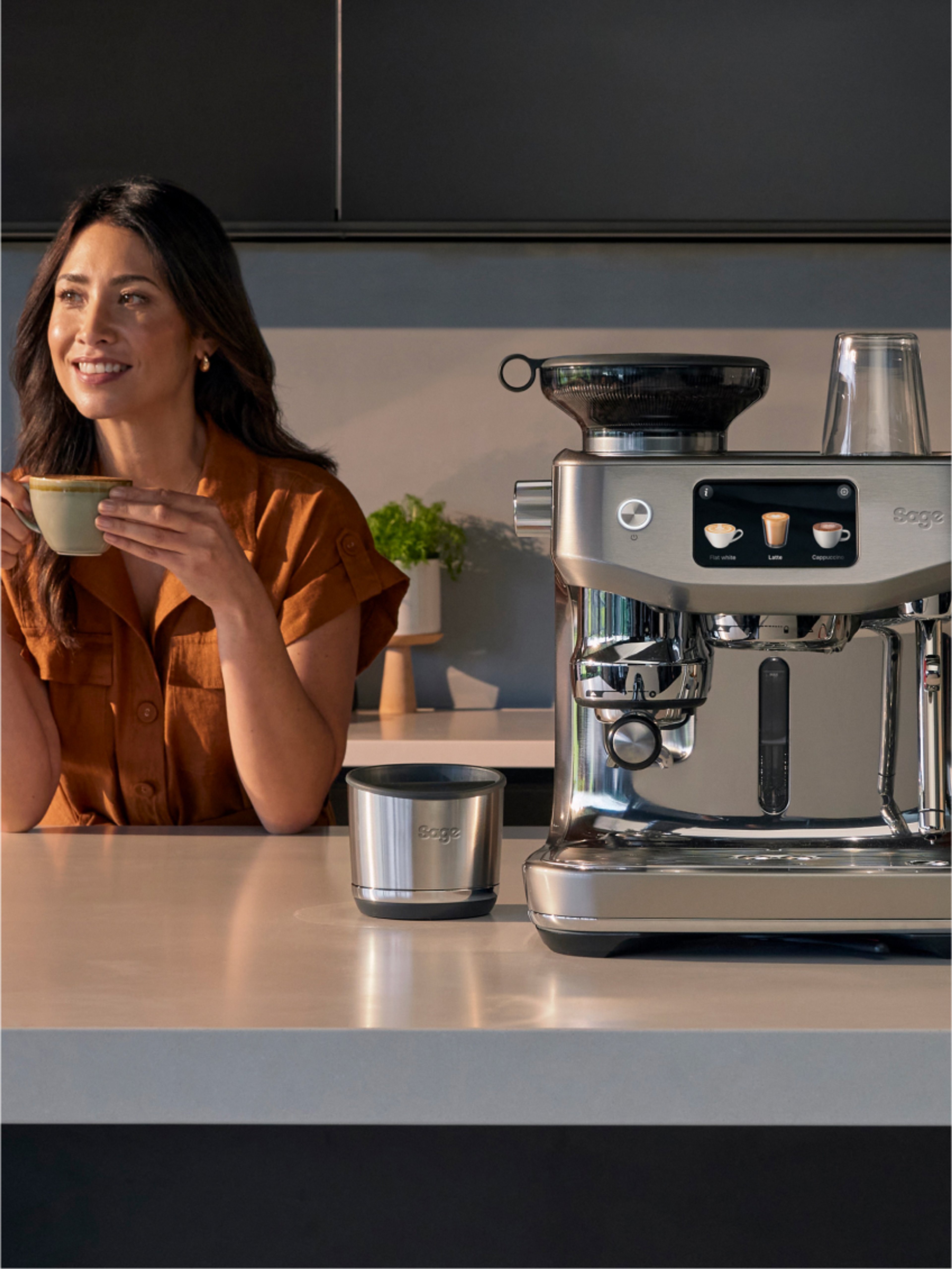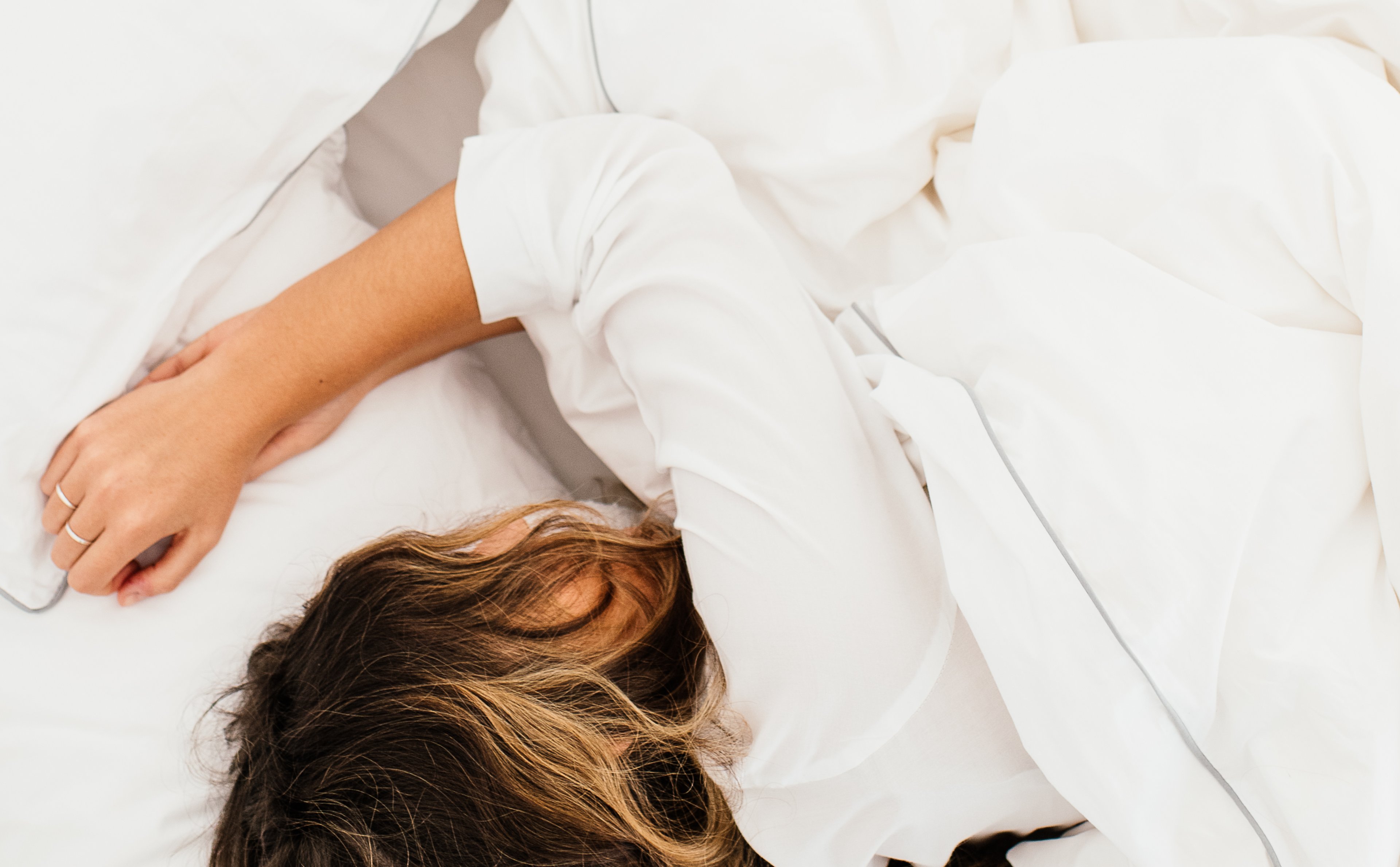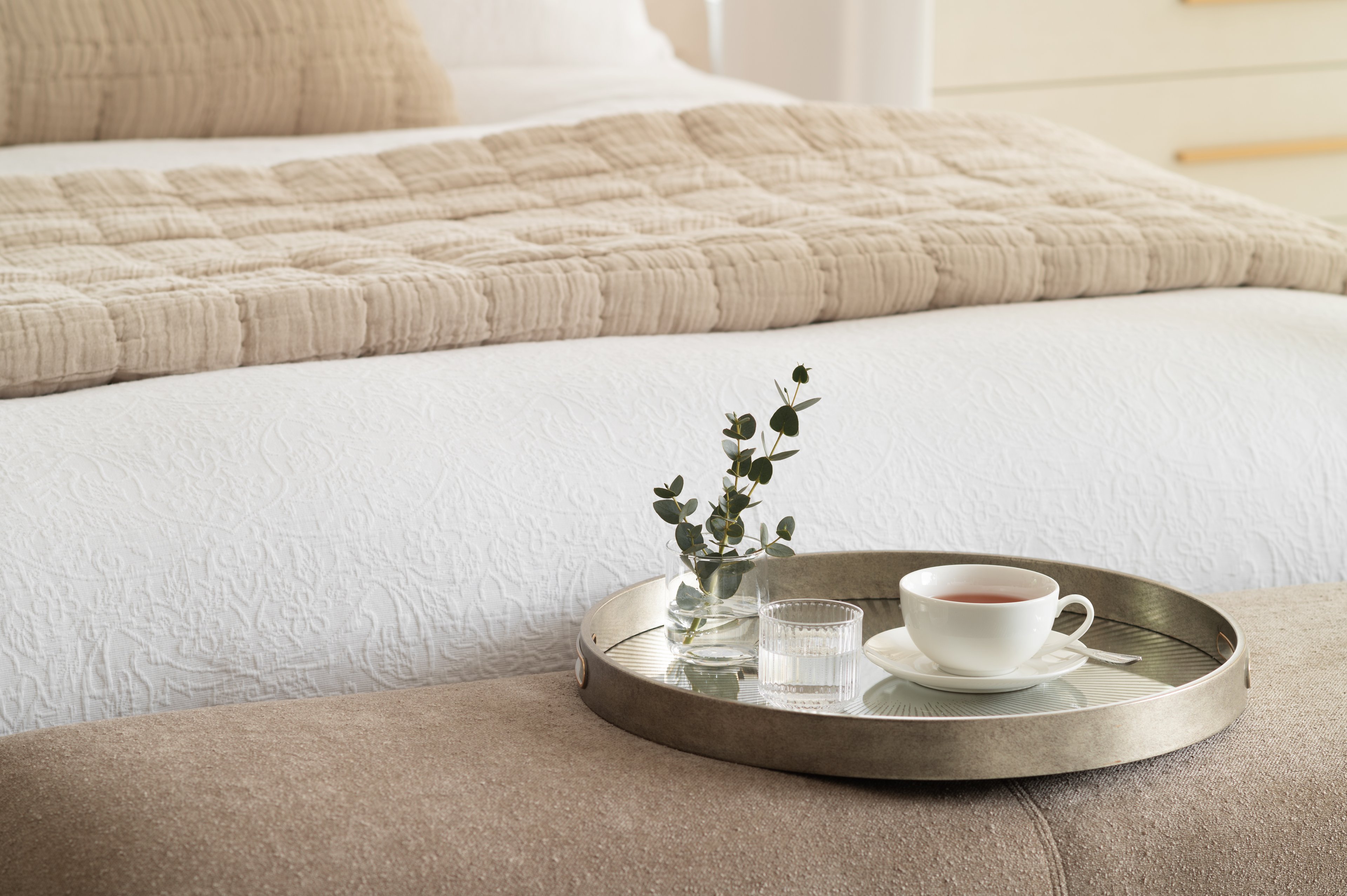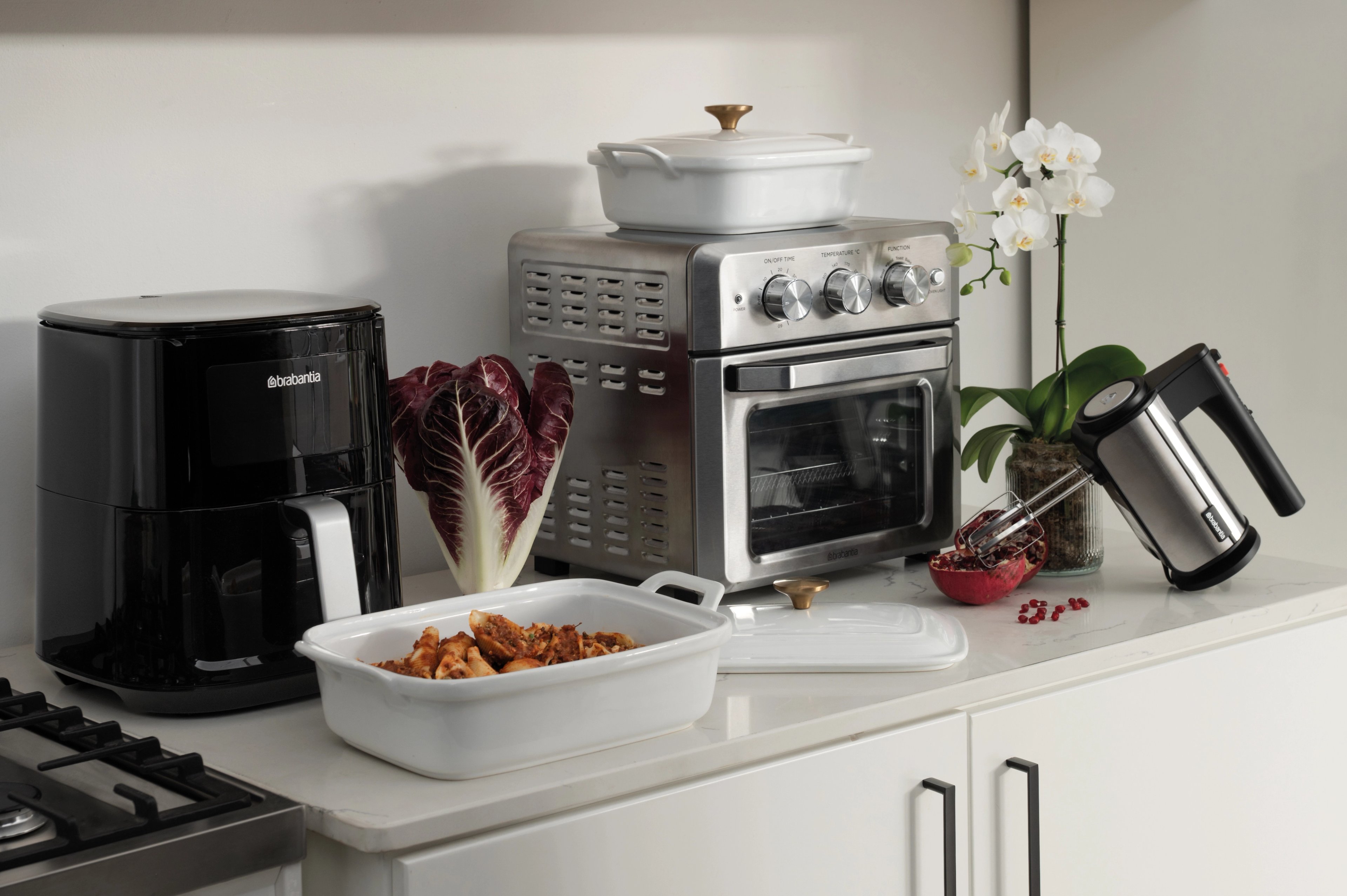How To Sleep Better.
share
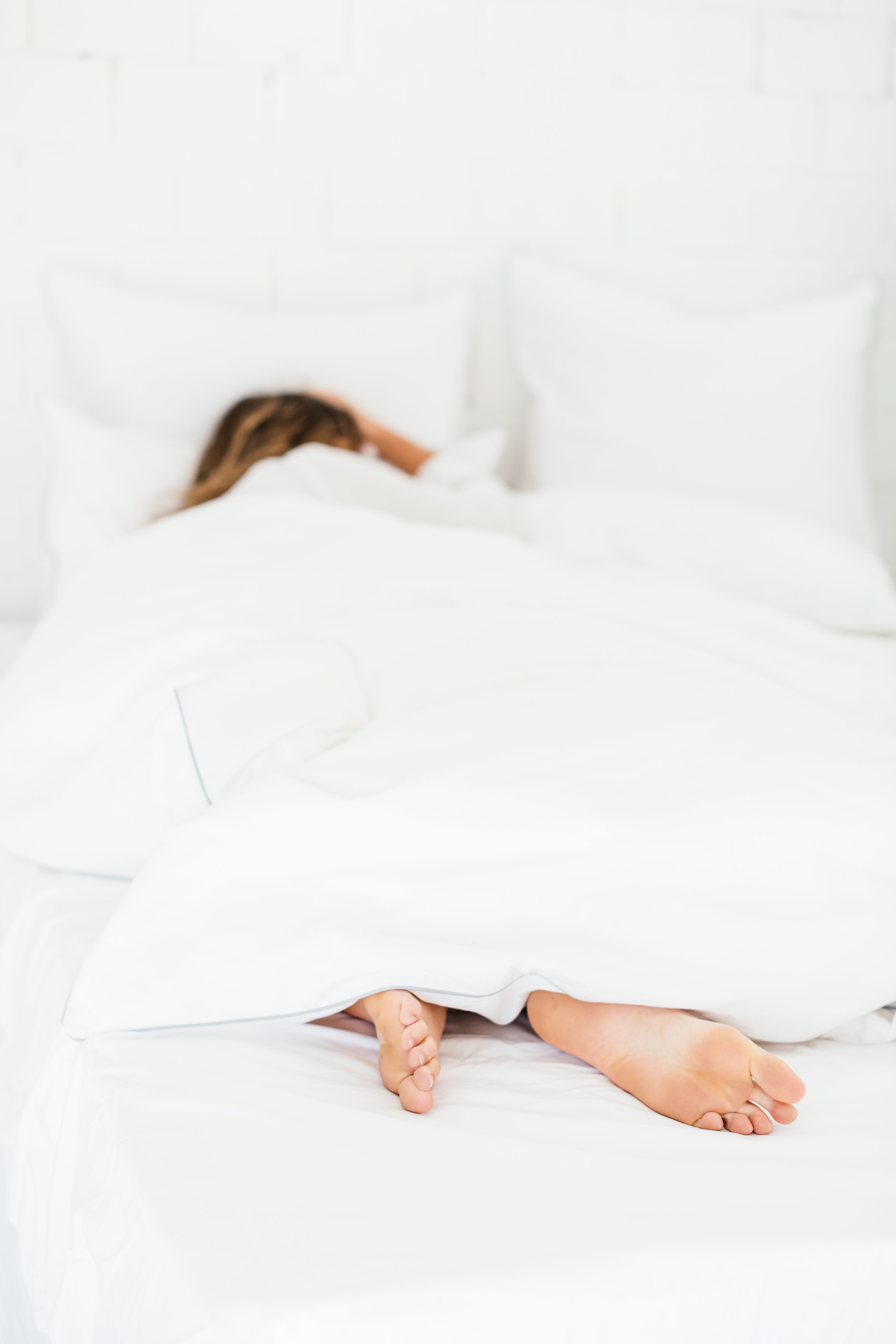
Unconventional Truths That Impact Sleep Quality
Getting good sleep as is often overlooked and undervalued as a key contributor to a healthier life. Good sleep is life-changing.
Let's embark on a journey of unlocking the full potential of your nightly rest so you wake up refreshed and rejuvenated.
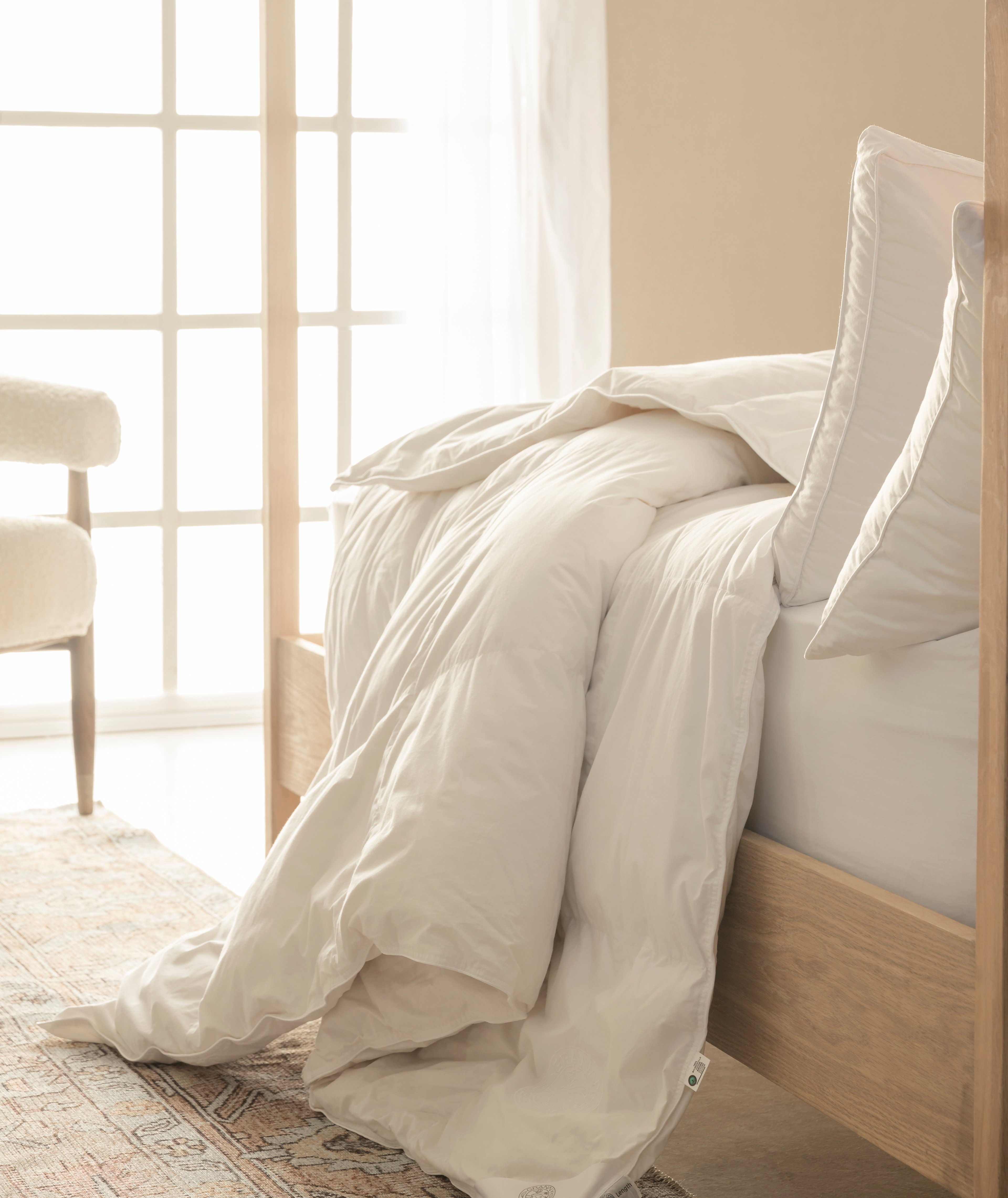
The Power Of Napping.
Contrary to popular belief, napping isn't just for lazy afternoons. Studies have shown that strategic napping can actually boost productivity, enhance creativity, and improve memory retention. Optimal nap times are between 1 and 3pm... at least 20 minutes for feeling energised, but no longer, at 30 minutes you start to enter deeper sleep and can wake up feeling groggy. For a fully restorative nap session experts recommend setting your alarm for 90 minutes.
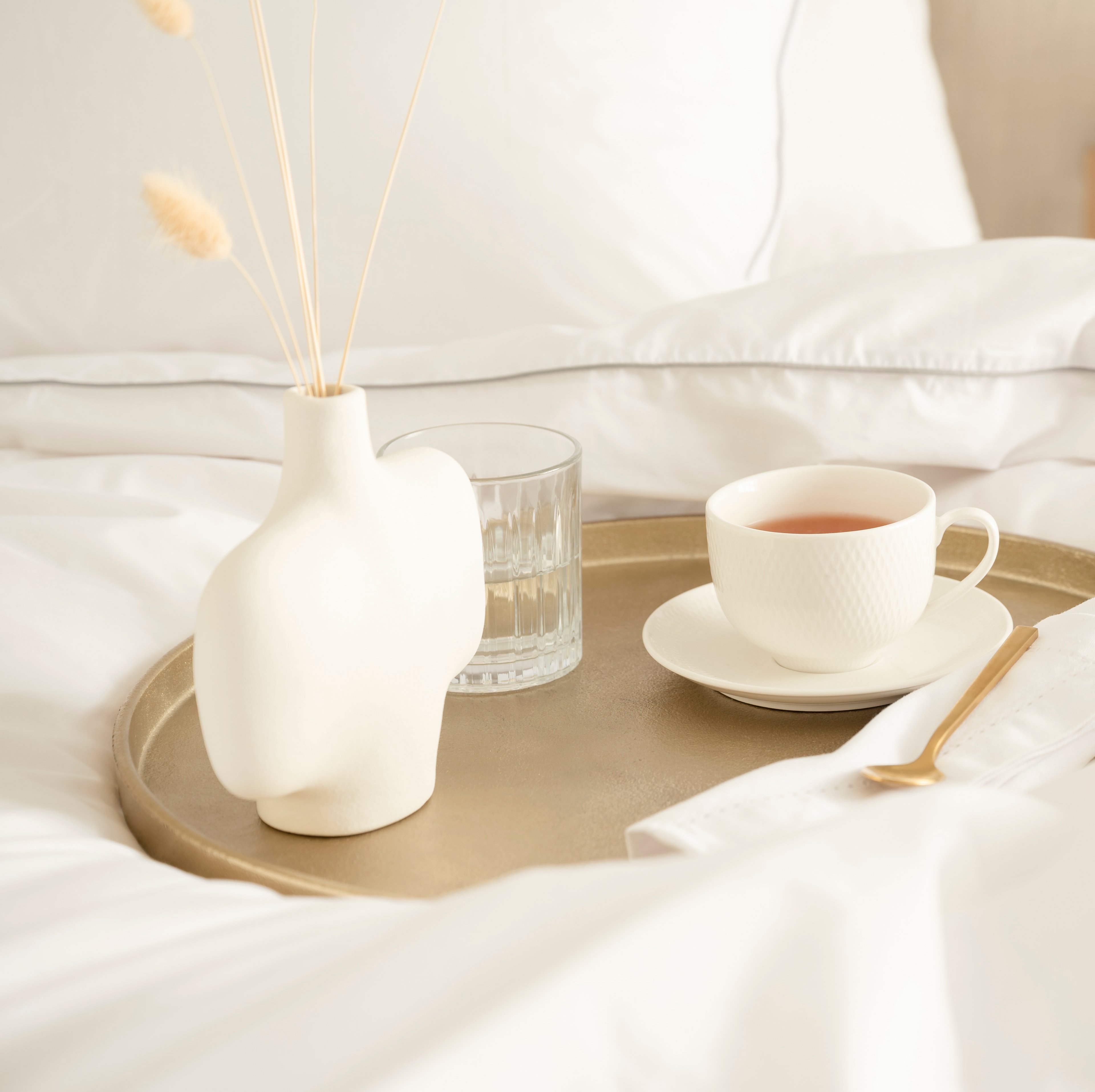
Is 8 Hours A Myth?
While the recommendation of 8 hours of sleep is deeply ingrained in our culture, it might not be one-size-fits-all. We all have individual sleep needs and factors like genetics, age, and lifestyle play a crucial role in determining the ideal amount of shut-eye for each person. Teenagers and athletes function best with up to 10 hours of sleep. Whilst optimal times for other outliers can be only 4 hours. Keeping consistent sleep schedule impacts sleep quality too: waking and going to bed at the same time every day trains your body to fall asleep quickly and ultimately rest better.
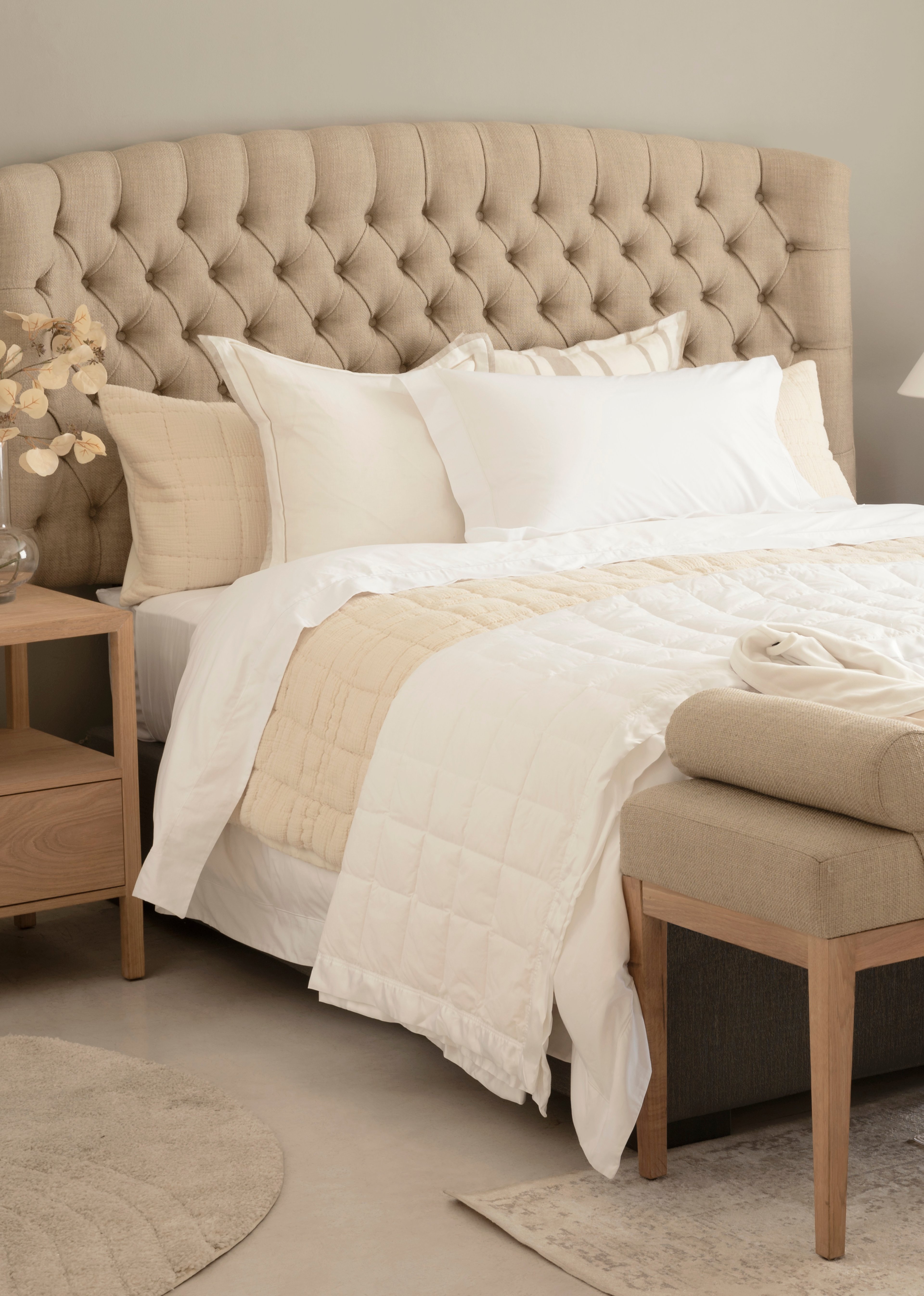
Choosing a comfortable sleeping position.
How you sleep could be influencing more than just how cozy you feel at night. From alleviating snoring to reducing acid reflux, there are surprising health benefits and potential drawbacks of various sleep postures. Turning onto your stomach may seem right for you, but it's not doing your spine any favors. Opting for side or back sleeping positions allows your spine to maintain its natural alignment, alleviating pressure and tension on your vertebrae. Back sleeping offers benefits for spinal health and alignment but it may not be suitable for everyone, especially those with specific health conditions like sleep apnea, snoring or acid reflux.

The Power Of Napping.
Contrary to popular belief, napping isn't just for lazy afternoons. Studies have shown that strategic napping can actually boost productivity, enhance creativity, and improve memory retention. Optimal nap times are between 1 and 3pm... at least 20 minutes for feeling energised, but no longer, at 30 minutes you start to enter deeper sleep and can wake up feeling groggy. For a fully restorative nap session experts recommend setting your alarm for 90 minutes.

Is 8 Hours A Myth?
While the recommendation of 8 hours of sleep is deeply ingrained in our culture, it might not be one-size-fits-all. We all have individual sleep needs and factors like genetics, age, and lifestyle play a crucial role in determining the ideal amount of shut-eye for each person. Teenagers and athletes function best with up to 10 hours of sleep. Whilst optimal times for other outliers can be only 4 hours. Keeping consistent sleep schedule impacts sleep quality too: waking and going to bed at the same time every day trains your body to fall asleep quickly and ultimately rest better.

Choosing a comfortable sleeping position.
How you sleep could be influencing more than just how cozy you feel at night. From alleviating snoring to reducing acid reflux, there are surprising health benefits and potential drawbacks of various sleep postures. Turning onto your stomach may seem right for you, but it's not doing your spine any favors. Opting for side or back sleeping positions allows your spine to maintain its natural alignment, alleviating pressure and tension on your vertebrae. Back sleeping offers benefits for spinal health and alignment but it may not be suitable for everyone, especially those with specific health conditions like sleep apnea, snoring or acid reflux.
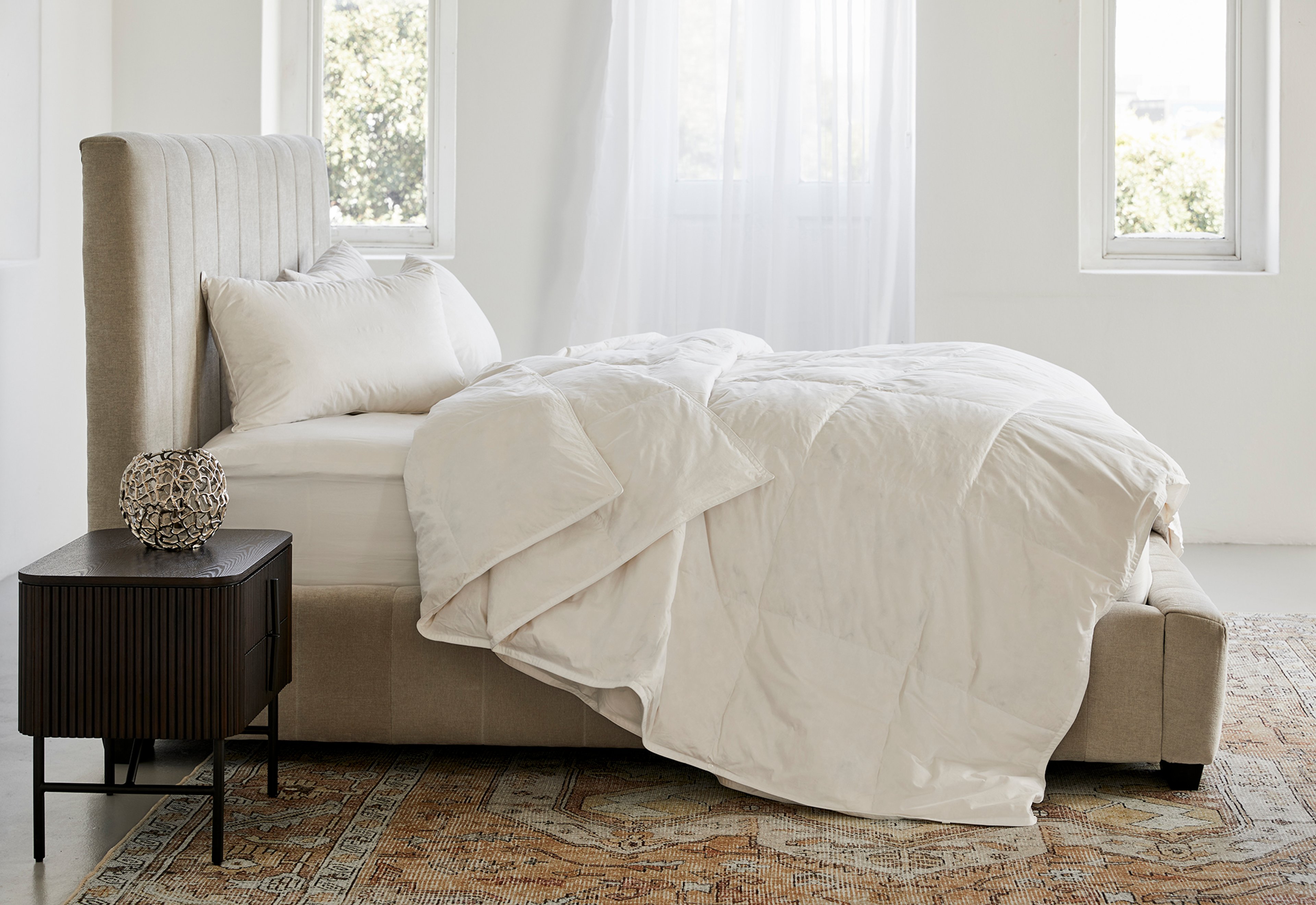
The goldilocks principle
Have you ever considered the temperature of your bedroom as a critical factor in how well you sleep? From regulating metabolism to optimizing REM cycles, finding the perfect sleep temperature for optimal restorative sleep is key to restorative rest.
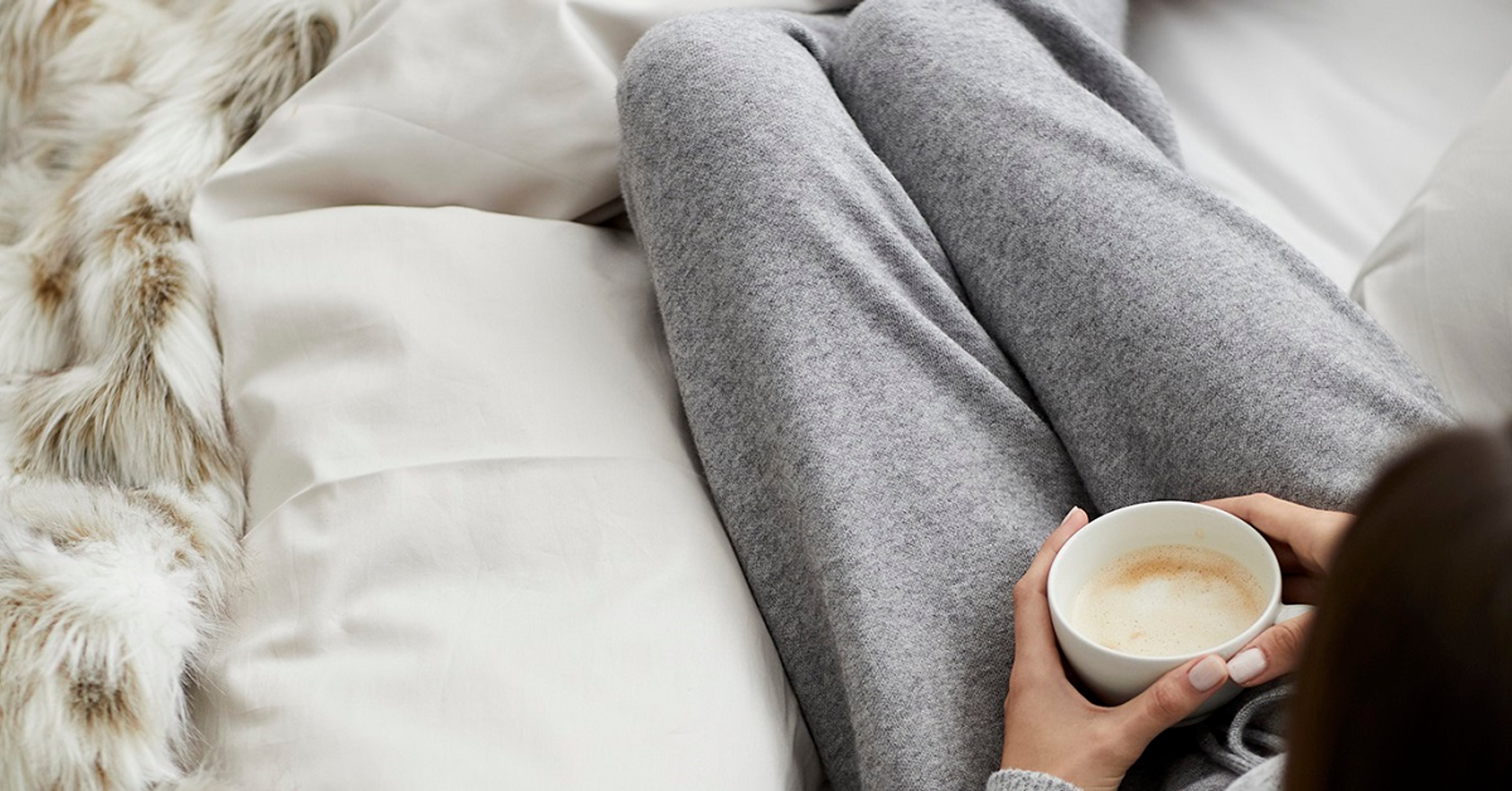
The Dark Side Of Blue Light & Other Bad Habits
In today's digital age, exposure to blue light from screens is unavoidable. But did you know that it could be wreaking havoc on your sleep patterns? The detrimental effects of blue light on melatonin (sleep hormone) production have been publicized over and over again.
You can however, minimise screen time at least 1.5 hours before climbing into bed. Leave your phone in another room for the night and opt for a podcast or printed book instead.
Our days seem shorter than ever before with more and more tasks quickly taking up time, but routine is everything when it comes to good sleep. Eating before sundown can do wonders for getting those sleep hormones flowing. Reserving the hour before bed for wind-down activities can mean gaining an extra hour or two of the deep sleep you crave and need.
